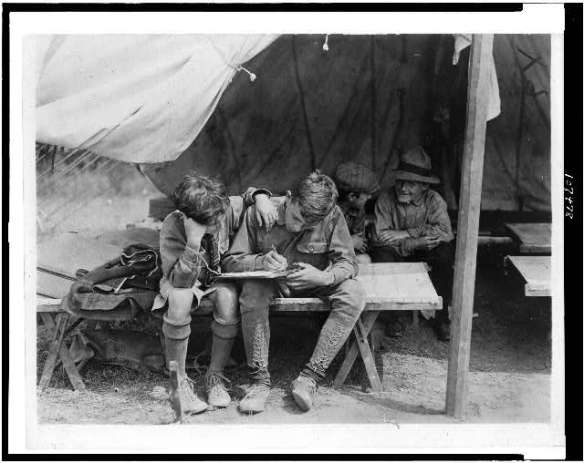Sheila found her husband sitting at the table on the back patio. His face was ashen and he stared off into space. His mouth hung open a bit. His iPhone sat face down on the table.
“What’s the matter, Mike?” she asked. “You look like somebody died.”
“Worse,” he said without taking his eyes off the space before him. “Somebody retired.”
“That’s worse than death?”
He gave a little shrug. “Maybe not worse, but just as bad.”
Sharon sat down across the table from him. “I see. Was it expected or did it come out of the blue?”
“Came out of the blue, to me anyway.” Mike’s eyes fell toward his phone. “I called to make my colonoscopy appointment today. They told me Dr. Mullens retired.”
Sheila let out an exaggerated breath. “He’s probably not a day over 75 either. I can’t believe he would do this to you.”
Mike nodded his head ruefully. “I know. Left me in a pretty big lurch.”
Sheila leaned forward. “Mike, honey, I’m sure there are other proctologists in town.”
“There are,” Mike replied. “I checked. There are exactly three other proctologists in town, and not one of ‘em worth a damn.”
“How do you know that?”
He stared at his phone. “I looked them up online. Horrible reviews all around. Not a one of ‘em rates more than two and half stars.”
Sheila sighed. “Some days I regret buying you that smart phone. The kids tried to tell me you’d do better with a Jitterbug.”
“Well, maybe I’ll just quit the colonoscopies. At a certain age, what does it matter anymore? Something’s bound to take you out soon anyhow.”
“Mike, you’re 55. It’s a little soon to surrender to old age. You’ve got to get the exam; they found three polyps last time and you have the gene in your family.”
Mike made a muted motion of throwing his arms up. “I don’t know how I can get it done now, with Mullens abandoning me. It’s not like we’re in New York City or someplace, where they got a proctologist on every corner. We got three, and two of ‘em almost killed somebody, according to the accounts I read.”
Sheila picked up his phone and began tapping on the screen.
“What are you doing?” Mike asked.
“Looking up flights to New York.”
Mike reached out and swiped the phone from her. “Don’t be ridiculous. I’m not riding a plane to my colonoscopy.”
Sheila tilted her head a little. “Then you got to go to one of them here.”
“But they’re butchers! If I’m gonna die from medical malpractice, I want it to be during brain surgery or something. I don’t want to go from an ass wound.”
“Well, what about the one who didn’t almost kill somebody?”
“Has a horrible bedside manner. He’s callous and rude to patients.”
Sheila pursed her lips. “So, he’s a real asshole?”
“Exactly.”
“Sounds like the perfect guy for the job.”











